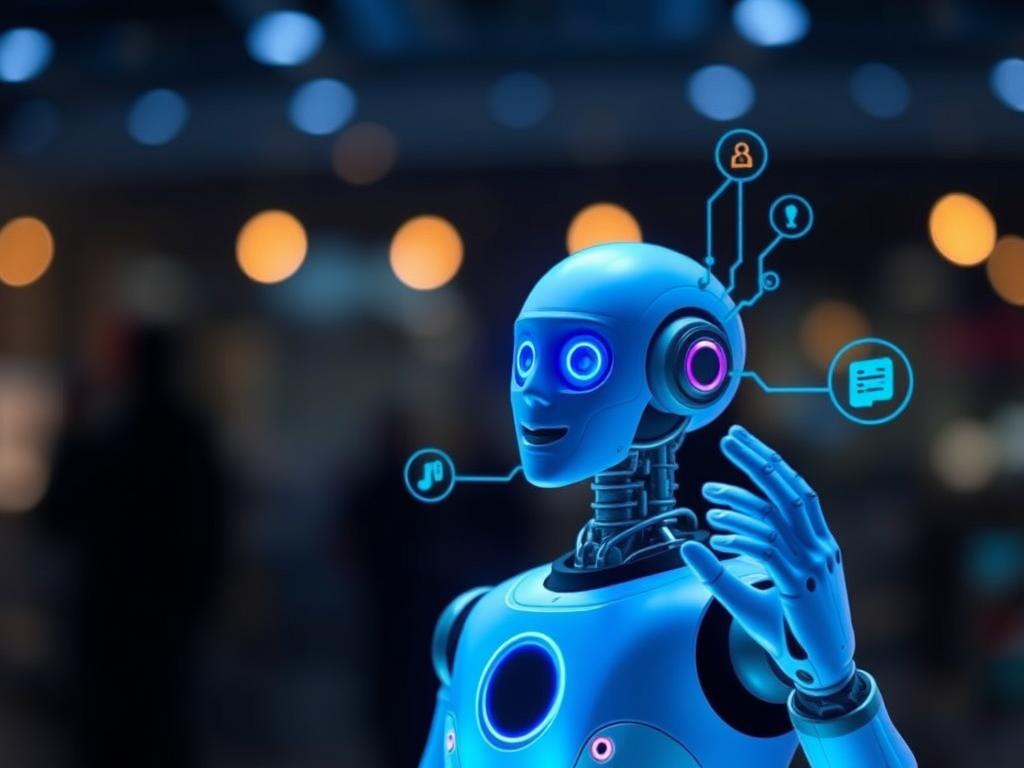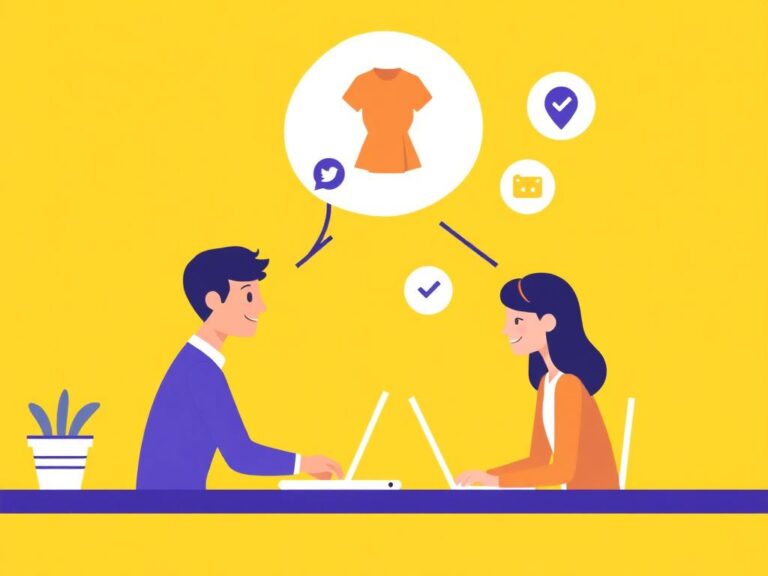How AI Is Transforming Staffing and Recruitment Software
The staffing and recruitment industry has undergone significant changes over the past decade, but nothing compares to the revolution brought by artificial intelligence (AI). Today, AI is not just a buzzword but a vital component that is reshaping recruitment processes from the ground up. Staffing and recruitment software powered by AI offers unparalleled efficiency, accuracy, and a better candidate experience, addressing traditional challenges that hiring professionals faced for years. Whether you’re a recruiter or a job seeker, understanding how AI is transforming this field will help you stay ahead and make smarter decisions.
The Evolution of Staffing and Recruitment Software
Before AI’s entry, recruitment software mainly functioned as a digital filing cabinet—storing resumes, tracking candidates, and scheduling interviews. While these tools made organizing candidates easier, they lacked the intelligence necessary to match the right candidates with the right jobs effectively. Recruiters often found themselves overwhelmed by the sheer volume of applications and struggled to identify the best fits quickly.
With AI integration, staffing and recruitment software has evolved from passive data repositories into sophisticated systems capable of analyzing vast amounts of information in seconds. These systems not only sift through resumes but also evaluate skills, experience, and cultural fit using natural language processing and machine learning algorithms. This evolution marks a new era in recruitment where decisions are data-driven and less prone to human bias or error.
Key Ways AI is Changing Recruitment Software
AI’s impact on staffing and recruitment software can be seen clearly in several crucial areas. Below is a detailed list demonstrating the most important advancements:
- Automated Resume Screening: AI can process thousands of resumes swiftly, identifying top candidates based on job descriptions and keywords.
- Predictive Analytics: Using historical hiring data, AI predicts which candidates are more likely to succeed in the role.
- Chatbots and Virtual Assistants: These tools provide instant communication with candidates, answering questions and even scheduling interviews.
- Candidate Sourcing: AI tools scour the internet and social media to find potential candidates who aren’t actively applying but may be perfect for the job.
- Bias Reduction: By focusing on data-driven criteria, AI helps reduce unconscious bias, promoting diversity and inclusion in hiring.
- Enhanced Candidate Experience: AI-powered platforms offer personalized feedback and faster responses, making the recruitment process more engaging.
Automated Resume Screening and Ranking
One of the biggest time wasters for recruiters has always been the manual screening of vast numbers of resumes. AI addresses this problem by automatically parsing resumes and extracting relevant information like skills, qualifications, and experiences. Using natural language processing (NLP) algorithms, the software understands context and even nuances in language, so applicants aren’t unfairly penalized for using varied terminology. Moreover, AI ranks candidates based on how closely they match the role, presenting recruiters with a shortlist that can be reviewed quickly. This efficiency not only speeds up hiring but also ensures top talent doesn’t slip through the cracks.
Predictive Analytics for Smarter Hiring
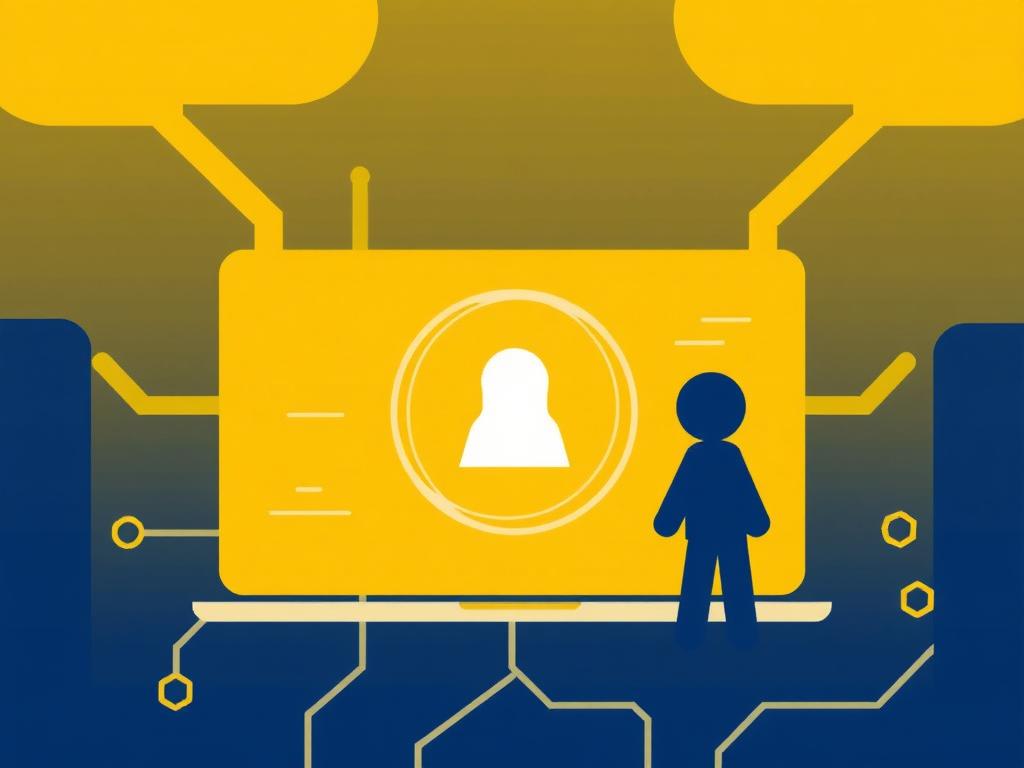
Staffing professionals now leverage predictive analytics to forecast candidate success. By analyzing past hiring data, employee performance, and turnover rates, AI recommends those candidates who are most likely to thrive in the position and company culture. This forward-looking approach helps organizations reduce costly failed hires and optimize retention. Predictive analytics can also reveal the best recruitment channels and strategies, allowing companies to allocate their resources more effectively.
AI Chatbots: Revolutionizing Candidate Communication
Communication is critical in recruitment, and AI-powered chatbots are changing the way candidates interact with recruiters. These chatbots operate 24/7 on staffing and recruitment software platforms, answering common questions instantly and offering timely updates about application status. They can even conduct initial screening interviews, gathering information and assessing candidate responses based on predefined criteria. This continuous engagement enhances the candidate experience and frees recruiters to focus on higher-value tasks.
Comparing Traditional vs AI-Powered Recruitment Software
To better understand how AI has transformed staffing and recruitment software, let’s take a look at a table contrasting traditional tools with AI-driven solutions:
| Feature | Traditional Recruitment Software | AI-Powered Recruitment Software |
|---|---|---|
| Resume Screening | Manual, time-consuming, prone to human error | Automated, fast, context-aware |
| Candidate Matching | Basic keyword matching | Advanced semantic matching and ranking |
| Bias Control | Low, influenced by human perception | High, uses data-driven and standardized criteria |
| Candidate Communication | Mostly email and phone, delayed responses | Real-time chatbot interaction, 24/7 availability |
| Data Insights | Limited reporting | Comprehensive analytics and predictive models |
The Impact on Recruiters and Hiring Managers
AI-powered staffing and recruitment software is not here to replace recruiters but to empower them. By automating tedious tasks, recruiters can focus on strategic activities like building relationships with candidates, understanding company culture, and negotiating offers. Furthermore, AI tools provide deep insights that help hiring managers make informed decisions faster, improving overall talent acquisition effectiveness.
Recruiters also benefit from AI through continuous learning systems that help sharpen job descriptions by analyzing successful past hires or identifying skill gaps. This feedback loop ensures the recruitment process is not static but improves continuously over time.
Challenges and Considerations
Despite its advantages, adopting AI in staffing and recruitment software comes with challenges. For example, the risk of over-relying on algorithms can sometimes overlook exceptional candidates who don’t fit the typical profile. There’s also the matter of data privacy and ethical concerns related to AI decision-making transparency.
Organizations must carefully select tools that are compliant with legal standards and promote fairness. Regular audits and a combination of human judgment and AI insights are essential to balance efficiency with empathy.
The Future of AI in Staffing and Recruitment Software
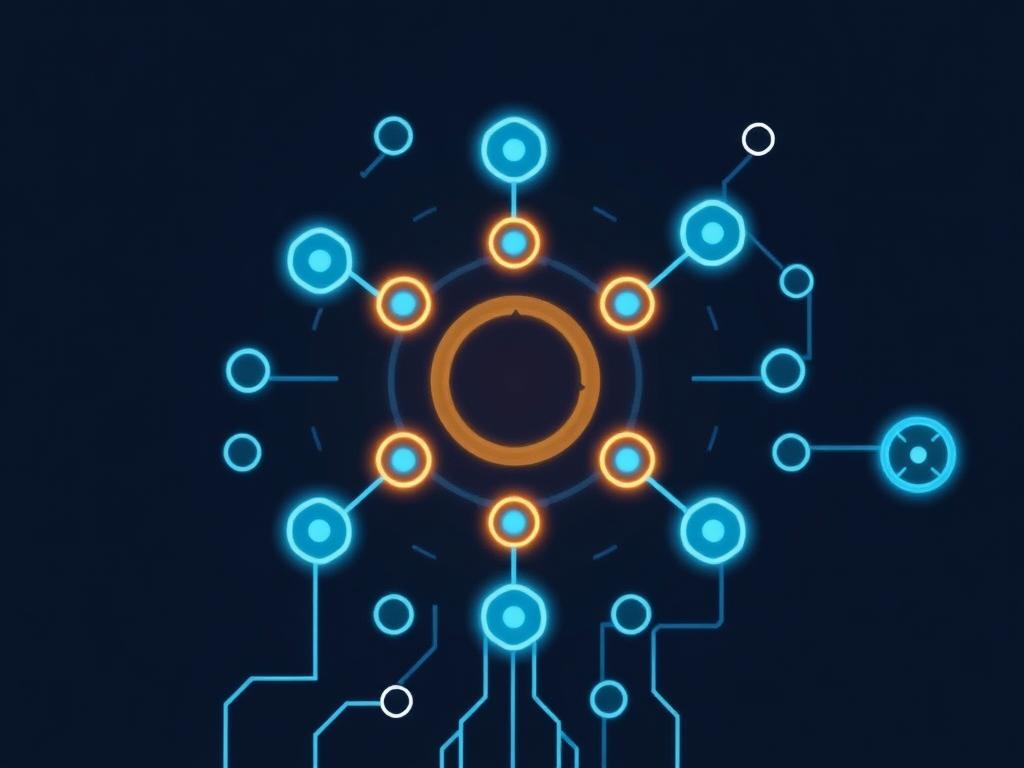
Looking ahead, AI’s role in staffing and recruitment software will only deepen. Innovations like augmented reality for remote interviews, emotional intelligence analysis, and more sophisticated candidate engagement platforms are on the horizon. As AI continues to learn and evolve, recruitment processes will become more personalized, efficient, and equitable.
Moreover, AI will enhance workforce planning beyond recruitment by predicting market trends, skill demands, and employee development paths, helping organizations adapt swiftly in a rapidly changing world.
Summary of Benefits Brought by AI in Recruitment Software
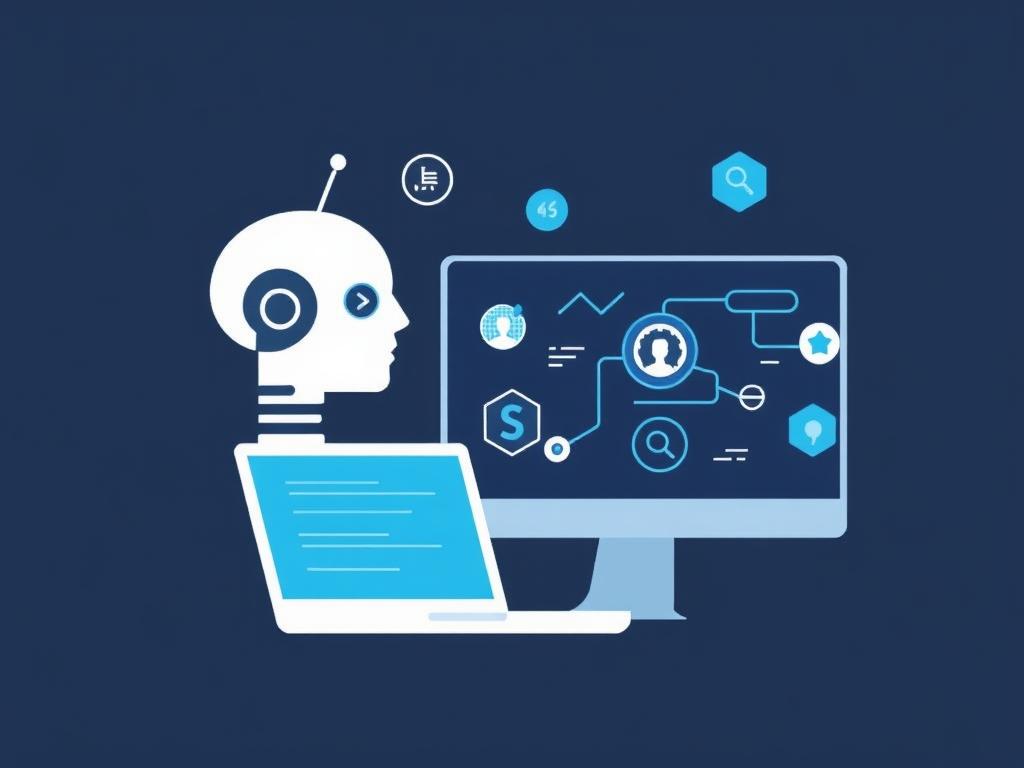
- Faster and more accurate candidate screening and matching
- Reduced bias and more inclusive hiring practices
- Improved candidate engagement and experience
- Data-driven decision-making and strategic hiring
- Increased recruiter productivity and job satisfaction
Conclusion
AI is undeniably transforming staffing and recruitment software, revolutionizing how companies find and hire talent. Its ability to automate repetitive tasks, provide predictive insights, and enhance communication is creating a more efficient, fair, and enjoyable hiring experience for both recruiters and candidates. While challenges remain, particularly around ethics and data privacy, the benefits of AI-powered recruitment software are too significant to ignore. The future of hiring will be shaped by intelligent technology working hand-in-hand with human intuition, resulting in smarter staffing and better workforce outcomes for businesses worldwide. Embracing AI today means staying competitive in tomorrow’s ever-evolving job market.
